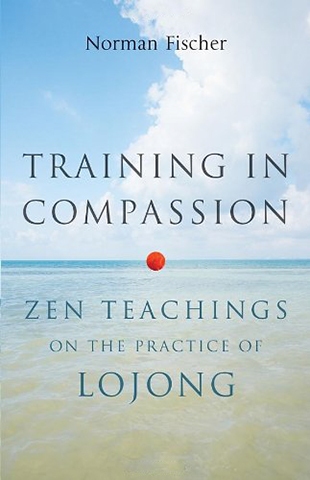Zoketsu Norman Fischer is a poet and Zen Buddhist priest who has for many years taught at the San Francisco Zen Center. He is the founder of the Everyday Zen Foundation, an organization dedicated to adapting Zen Buddhist teachings to Western culture. He is the author of many books including Taking Our Places: The Buddhist Path of Truly Growing Up. In this substantive work, Fischer offers his take on the Tibetan system of mind training with its 59 slogans designed to cover all dimensions of modern life.
As a tool for spiritual practice, slogans are easy to work with since they are short, catchy, and inspiring. They can be used in meditation where the phrase is repeated again and again so it becomes a regular part of your spiritual routine. In order to fix the slogan in your consciousness, write it down, talk about it, journal about it, and post it in different places in your living space. Mind training, according to the Tibetan Buddhists who have centuries of experience with it, requires commitment, repetition, and lots of patience.
Fischer has structured the book around the seven categories which serve as nests for the 59 slogans. They are:
- Resolve to Begin
- Train in Empathy and Compassion
- Transform Bad Circumstances into the Path
- Make Practice Your Whole Life
- Assess and Extend
- The Discipline of Relationship
- Living with Ease in a Crazy World
Some of our favorite slogans are: "Turn things around" which Fischer interprets as "Where there's confusion or pain in your life, make use of it instead of trying to get rid of it." Another is: "Drive all blames into one." Fischer explains: "Whatever happens, don't ever blame anyone or anything else, always blame only yourself. Eat the blame and it will make you strong." A third favorite of ours is: "Don't expect applause" which the author sees as "don't expect scorn, don't expect anything except the unexpected, because that is always what happens, even when you expected it. If you look a bit more closely, what happens is not what you expected. It is always something else."
We have worked with these slogans and they are so cogent and filled with wisdom they can be used over and over again without losing their poignancy and relevance. Fischer amplifies their value with his Zen perspective.
